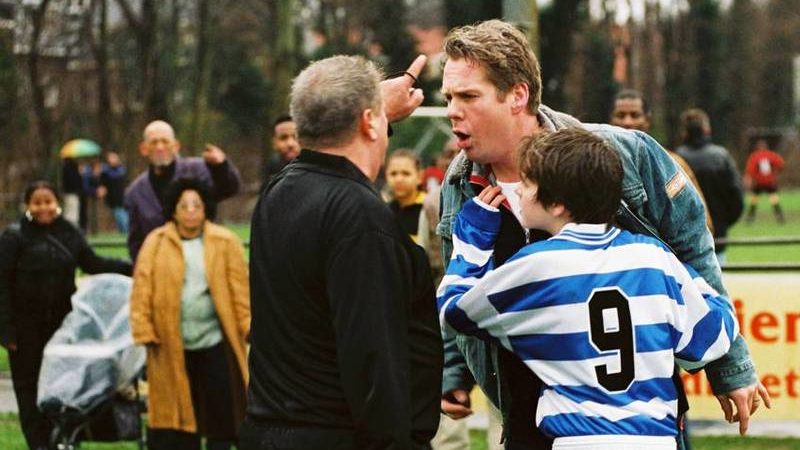Between the Lines: Teach athletes to handle adversity

Your teams will lose, and from time to time your athletes will fail. That’s a fact, and one that athletes should learn to accept at a young age. But that doesn’t happen as much as it used to, and we’re seeing the results at the high school and college levels.
Coaches making you run extra suicides at practice? Complain about it on social media.
Not getting enough playing time? Have your parents lobby for more minutes.Don’t think the team is winning enough? Transfer to another school.
This trend is a frustrating one for coaches at any level, and Michigan State men’s basketball coach Tom Izzo believes he has identified the problem. Earlier this spring, during a radio interview, the longtime Spartans coach said athletes today refuse to face adversity. Whenever there’s a sign of trouble or their expectations aren’t met, they abandon ship.
“The profession has changed,” Izzo said. “Twenty years ago, it changed with talk radio, but talk radio didn’t even put a dent when you compare it to what social media and the internet has done. That’s changed everybody. We’re up to over 700 players transferring already, and I heard we’re going to go over 800.
“We’re creating a system that we’re never teaching a kid how to fight through (difficulties). There are a lot of kids who should transfer for the right reasons. But three-fourths of the kids are transferring because they didn’t get enough shots, didn’t get enough ball, didn’t do this or that. We’ve helped create a society of, when the going gets tough, you bolt and leave.”
» MORE: 10 strategies to help coaches, athletes defeat adversity
Izzo isn’t wrong, and the problem runs deeper than college basketball transfers. When I talk with high school coaches and ask about the greatest challenges they face today, many of them say it’s the entitlement among their young athletes. They want considerable playing time and constant praise, and oftentimes they’re not willing to work for it — they believe it’s their right.

I had to laugh when, in 2014, an athlete sued his former Ohio high school, claiming that his rights were violated when he was cut from the basketball team. A year earlier, a New Jersey dad filed a $40 million lawsuit against the school district after his son was kicked off the track team for missing practices.
Izzo was on point when he said kids need to learn to handle adversity, but part of the problem is the enablers who don’t force them to face it. Chief among them are the overbearing sports parents, the ones screaming from the bleachers to pass the ball to their son or berating officials every time a call goes against their team. The message is, when something doesn’t go your way, complain about it.
We can also point fingers at youth leagues, specifically the ones that don’t keep score. Their efforts may have good intentions, but loss and disappointment are lessons everyone should learn. When you shield young athletes from this reality, they revolt when finally faced with it.
NCAA President Mark Emmert said there is no easy solution to the college transfers epidemic, and he’s right — the problem runs much deeper. We must start by teaching young athletes the importance of facing adversity and battling through it, instead of constantly seeking a way out.
Kevin Hoffman is the editorial director of Coach & Athletic Director magazine. He can be reached at [email protected].





